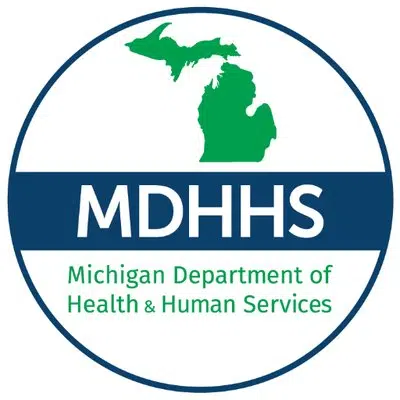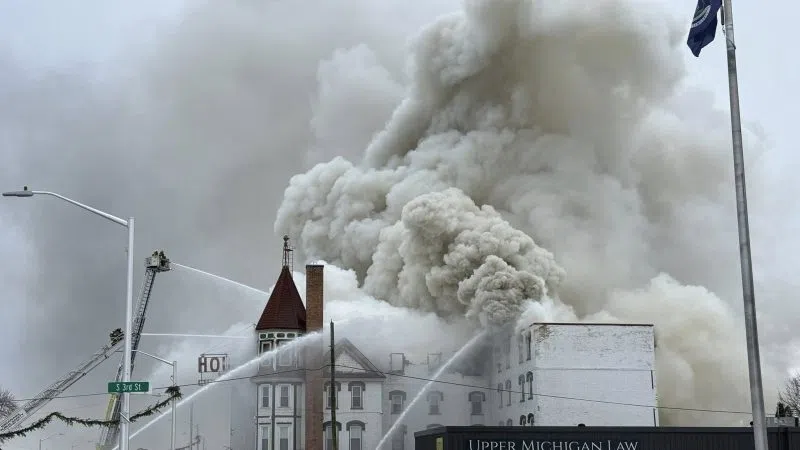Based on current conditions and low numbers of new COVID-19 cases, the Michigan Department of Health and Human Services (MDHHS) is updating its COVID-19 Isolation & Quarantine guidance for Michigan residents, including for school settings.
“We are updating our guidance to reflect the fact the state has entered a post-surge, recovery phase,” said Dr. Natasha Bagdasarian, MDHHS chief medical executive. “As we move through the phases of our COVID-19 response our recommendations will be updated to reflect the current status of transmission, while continuing to prioritize public health and promote health and wellness for all communities. We continue to strongly urge all residents ages 5 and older get the safe and effective COVID-19 vaccine and to get boosted when eligible as the vaccine continues to be our best defense against the virus.”
This update does not change guidance for health care, long-term care, corrections and other high-risk settings, and these entities should continue to follow existing guidance.
ISOLATION
- Any individual who tests positive for COVID-19 and/or displays COVID-19 symptoms (without an alternate diagnosis or negative COVID-19 test) should isolate regardless of vaccination status:
- Isolate at home for the first five days (starting with the day after symptoms began or day after test was taken for those without symptoms); and
- If symptoms have improved or no symptoms developed, return to normal activities, while wearing a well-fitted mask, for the next five days to protect others.
AND
- If individual has a fever, stay home until fever free for a period of 24 hours without the use of fever reducing medications before returning to normal activities while wearing a well-fitted mask, until the 10-day period is complete.
OR
- Isolate at home for 10 days if unwilling/unable to wear a mask.
NOTIFICATION OF CONTACTS
- Individuals who test positive for COVID-19 should also notify others whom they had contact with during the time they were contagious (beginning two days before symptoms started or testing positive if no symptoms are present).
- Prioritize notification of individuals who are personal/household contacts* and immunocompromised or high-risk individuals.
- Individuals would then follow the below guidance on Quarantine.
QUARANTINE
Quarantine guidance may be adjusted to respond to and control outbreaks within unique settings as needed. Local leaders and individuals should work with their local health departments for outbreak response and follow additional quarantine recommendations as situations dictate to maintain a safer environment for community members.
- Individual is exposed to someone who is positive for COVID-19 and:
- Exposure is to a personal/household contact:
- Conduct symptom monitoring for 10 days; and
- Test at least one time if possible three to seven days after exposure and if symptoms develop; and
- Wear a well-fitting mask for 10 days from the date of last exposure to protect others (home quarantine is an alternative for those who are unable or unwilling to mask); and
- Avoid unmasked activities or activities with higher risk of exposing vulnerable individuals for 10 days from the date of last exposure
2. Exposure is to other type of contact (from a community, social or work setting)
- Conduct symptom monitoring for 10 days; and
- Test if symptoms develop; and
- Consider wearing a well-fitting mask around others for 10 days from the date of last exposure to protect others. At a minimum, wear a mask in settings with higher risk of exposing vulnerable individuals
Along with MDHHS’ updated guidance, there may also be local isolation & quarantine guidance, policies and/or orders from local health departments, organizations and/or school districts that must be followed. Policies established by event organizers and businesses may be instituted to fit the specific needs of their customers and should be followed.
In addition, the Licensing and Regulatory Affairs Child Care guidelines have been updated to provide consistent recommendations with K-12 schools. This includes revised recommendations around masking to reflect personal choice.
Isolation and quarantine periods have been updated to align with MDHHS recommendations for the general population and K-12 schools. These changes make it easier for childcare staff members and families to navigate COVID-19 for the majority of children.
MDHHS supports adjusting recommendations as the state cycles through periods of response, recovery and readiness and following local health department decisions based on local conditions. As part of the state entering the Recovery phase, MDHHS has also rescinded its requirement that schools report confirmed and probable cases of COVID-19.
The COVID-19 cycle has been broken down into three key phases:
- Response – Local and state public health implement rapid response to a surge. The public may be advised to increase masking, testing and social distancing.
- Recovery – Post-surge. No immediate resurgence predicted. Local and state public health will monitor conditions that could lead to future surges.
- Readiness – A surge in cases is expected, with implications on severity of illness and hospital capacity. Increased communication to the public regarding possible new risks.
During the recovery phase, masks remain an important tool in mitigating spread of COVID-19. Individuals who feel sick, may be at higher risk of infection or who feel better protected when masked should choose when they feel comfortable masking. Michiganders should consider their individual and family members’ risk factors and vaccination status when making the personal decision whether to mask. Those with chronic illness or who are immunocompromised are at higher risk for poor outcomes from COVID-19 and would benefit most from masking in indoor settings. These risk factors may include age, medical conditions and vaccination status.



























Comments